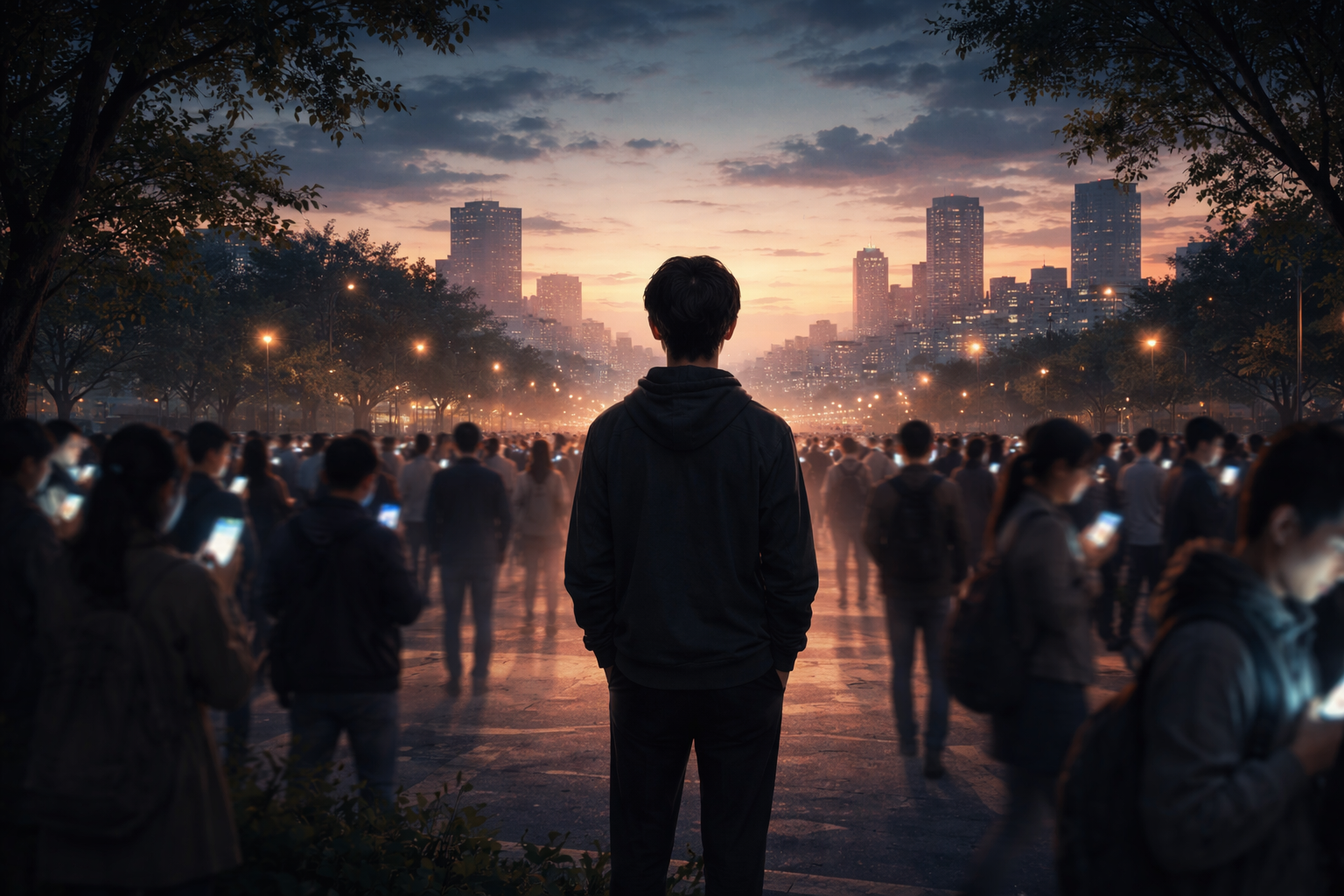We live in a world saturated with signals, frequencies, and hidden rhythms. Yet beneath the hum of technology, the subtle interplay of energy, coherence, and resonance continues to shape our bodies, minds, and consciousness. In this chat, we step into that unseen terrain — not with fear, but with inquiry, curiosity, and a steady intention to understand what it means to remain whole amidst constant perturbation.
Category: Lux Colloquii
Ongoing series of discussions with ChatGPT.
The Coherence Trap: AI, Agency, and the Quiet Transfer of Authority
There is a quiet moment in any cultural shift where fascination gives way to responsibility. Not because something has gone wrong, but because something powerful has arrived before we’ve learned how to hold it. The conversation unfolding around AI, truth-seeking, manifestation, and meaning isn’t about machines waking up — it’s about humans rediscovering how easily coherence can feel like revelation. What matters now is not whether these tools are useful — they are — but whether we remain the authors of what we see reflected back.
Late-Stage Extraction: When Brands Forget What They’re Made Of
There’s a particular smell to rot when it sets in quietly — not the drama of collapse, but the slow hollowing-out of things that once mattered. What we’re circling here isn’t nostalgia or grievance; it’s discernment. Across industries, institutions, and narratives, something once rooted in craft, coherence, and responsibility has been replaced by theater, abstraction, and extraction. The object no longer needs to work, the story no longer needs to hold, and the system no longer needs to justify itself — only to persist. This is an attempt to name that pattern clearly, without romance or apology.
Trust the Science: Rescue Devices and the Collapse of Trust
There is a point at which error hardens into posture, and posture quietly becomes doctrine. What begins as a provisional framework — useful, tentative, corrigible — calcifies into an authority structure that no longer answers to reality, only to itself. This discourse arises from that fracture: the widening gap between inquiry and institution, humility and certainty, truth-seeking and authority preservation. It is not a rejection of knowledge, but a refusal to confuse coherence with truth, or scale with wisdom.
Unfinished Adulthood: The Quiet Cost of a Culture That Never Grows Up
There’s a peculiar discomfort that arises when quiet, unassuming stories expose truths we’ve spent decades circling without naming. Sometimes that discomfort arrives from unexpected places — a modest anime, a restrained conversation, a narrative uninterested in spectacle or moral performance. When it does, it forces an uncomfortable reckoning: not with the story itself, but with what our culture has failed to cultivate, confront, or sustain. What follows is less a critique of entertainment than an inquiry into the conditions that shape maturity, intimacy, and growth — and what happens when those conditions quietly erode.




